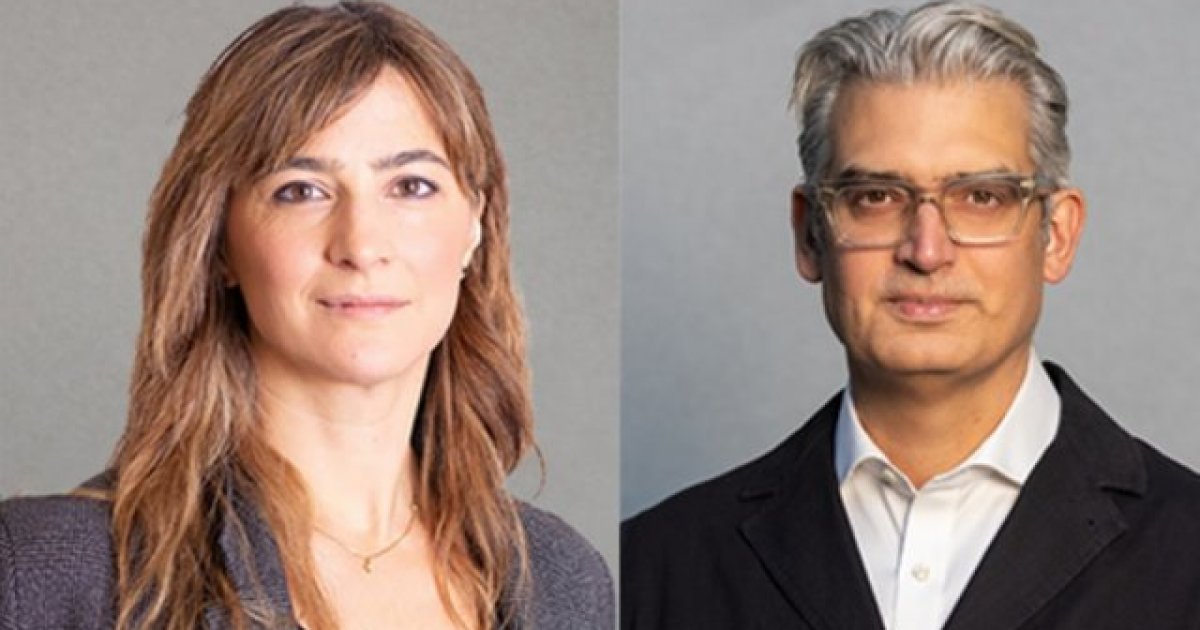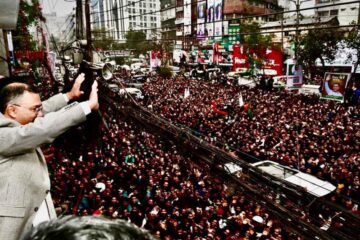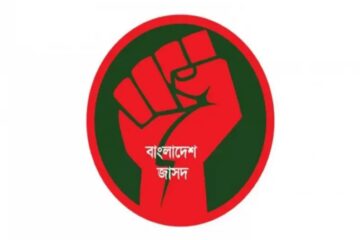An urgent appeal has been filed with the United Nations expressing concern over the fairness and due process of former Prime Minister Sheikh Hasina’s trial at Bangladesh’s International Crimes Tribunal.
A verdict date may be set on Thursday at the International Crimes Tribunal in the case filed against former prime minister Sheikh Hasina and two others on charges of crimes against humanity.
In this context, London-based Doughty Street Chambers lawyers Steven Powles and Tatyana Eatwell have recently filed an urgent appeal with the United Nations on behalf of Sheikh Hasina.
The appeal expresses concern over the ongoing trial in absentia of Sheikh Hasina at Bangladesh’s International Crimes Tribunal. It has been submitted to the UN Special Rapporteur on the Independence of Judges and Lawyers, and the Special Rapporteur on Extrajudicial, Summary or Arbitrary Executions.
According to a statement published on Doughty Street Chambers’ website on Monday, the appeal highlights serious concerns regarding the fairness and impartiality of the trial process.
The two British lawyers stated in the appeal that “political retribution appears to dominate the proceedings of the tribunal in Bangladesh, which is operating under an unelected government lacking a public mandate.”
The appeal further notes that Sheikh Hasina’s right to a fair trial is being gravely violated under these circumstances.
It reads: “Sheikh Hasina served continuously as the prime minister of Bangladesh since 2009. In the most recent national election held in January 2024, she and her party, the Awami League, were re-elected. However, in July 2024, a nationwide movement that began as a protest against the quota system in government jobs evolved into a mass uprising demanding her resignation. Amid political unrest and violence, Sheikh Hasina left the country on August 5, 2024, and took refuge in India. Three days later, an interim government was formed under the leadership of Muhammad Yunus.”
The appeal adds: “Subsequently, the International Crimes Tribunal of Bangladesh brought charges against Sheikh Hasina and two former senior officials, accusing them of crimes against humanity committed during the government’s response to the July–August 2024 protests. As Sheikh Hasina remains in India, her trial is proceeding in absentia, and the verdict is expected soon, with the likelihood of a death sentence.”
The urgent appeal filed on Sheikh Hasina’s behalf also points out that “while allegations of serious crimes have been made against Sheikh Hasina’s government and its supporters, there are also credible reports of retaliatory violence against her party members. The interim government, however, has decided that no prosecutions will be brought against those affiliated with the anti-government movement for incidents occurring between July 15 and August 8.”
The lawyers outlined several key concerns in their submission, including:
Lack of an independent and impartial tribunal
Under Article 14(1) of the International Covenant on Civil and Political Rights (ICCPR), every person has the right to be tried by a competent, independent, and impartial tribunal. In Sheikh Hasina’s case, the political affiliations of both judges and prosecutors raise serious concerns of bias. It is alleged that the Chief Prosecutor himself participated in a political rally demanding the banning of the Awami League.
Trial in absentia and lack of opportunity for defense
Despite the gravity of the charges, Sheikh Hasina is being tried in absentia, even as a formal extradition request from Bangladesh to India remains pending. She has not been officially notified of the charges against her. Moreover, attacks and threats against lawyers associated with the Awami League have prevented them from carrying out their professional duties, forcing the appointment of a state-assigned lawyer who has had no contact or consultation with her.
Risk of death penalty and human rights violations
The appeal stresses that imposing the death penalty following such a procedurally flawed trial would constitute a de facto extrajudicial execution and a direct violation of the right to life as enshrined in Article 6 of international human rights law.



